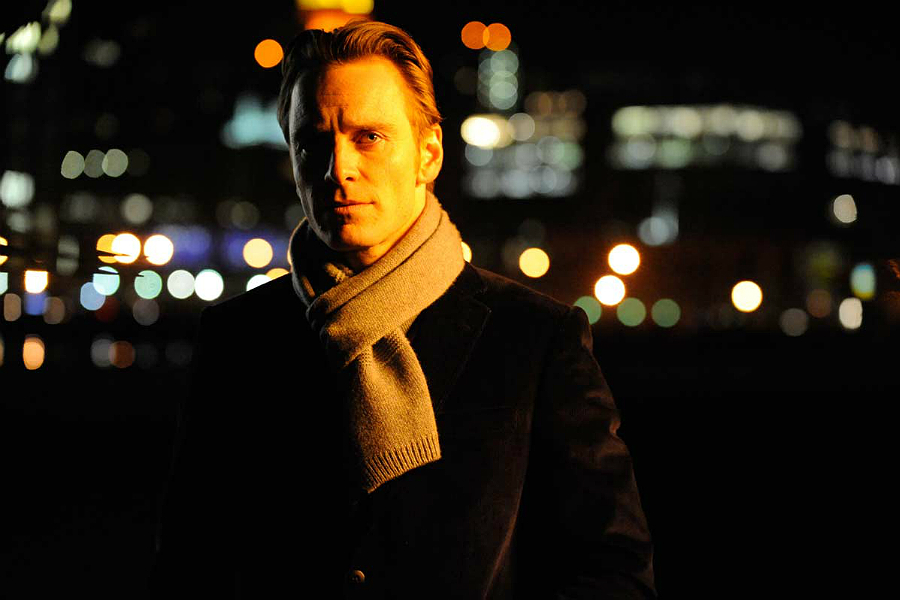Shame: A selective history of compulsive behaviour in cinema

Nik Glover takes a look at cinema’s ongoing fascination with compulsion…
We are in a nameless bar in New York. A man is seated at the counter, his attention elsewhere, drinking alone. A woman appears beside him, a stranger. The man notices her, and a shadow passes over his face. They make eye contact. He begins to tell the woman about his sexual prowess, going into great detail about his technique, his dedication, and his self-proclaimed expertise in such matters. The woman does not seem uninterested. He talks graphically, makes promises. This goes on for a while. The man touches the woman; she seems ready to accept his advances. Her partner appears, to whom it is obvious they have been discussing something intimate.
The man turns to the woman’s partner and explains, in equal detail, what he has just promised to the woman. The man stands up and leaves the woman and her partner still standing at the bar. The partner follows him into an alleyway and viciously assaults him.
Shame (2011, dir. Steve McQueen) is unrelentingly graphic in its treatment of nymphomania. Michael Fassbender inhabits the character of Brandon, a kind of American Psycho for the internet porn generation. When not making use of his work computer to satisfy his addiction, he is stalking, seducing, or just plain paying for the means of his release. His ordered, sleazy pattern is upset by the arrival of his sister, who has deeply set issues of her own. It is a painfully bleak study in compulsion, and one that has many illustrious predecessors.
Naked (1993, dir. Mike Leigh) has a protagonist, superbly formed by David Thewlis, whose compulsion appears to be to psychoanalyse and then mock the belief systems of every person he meets, from a run-down security guard to various lovers he has taken and then cast aside. His subjects are linked by their lack of confidence and their own self-doubt. In a sense, he mirrors their inconsistencies and misconceptions. The only character he cannot mirror is the one embodiment of complete evil whose story parallels his own; a violent businessman whom he subsequently appears to hallucinate becoming his brother, his unborn twin and doppelganger.
Unsurprisingly, stories of obsession or compulsion often find themselves taking the guise of horror flicks. George Romero’s Martin (1976) is curious as a vampire flick, in that its protagonist is not actually a vampire, but a human who professes vampiric tendencies. His compulsion to drink blood is explained as a mental illness, although it is confronted by his puritan guardian in an entirely dogmatic fashion. The vampire film lends itself particularly well to the depiction of compulsive tendencies, and the echoes of drug dependency and withdrawal appear in practically every modern vampire film, from Blade (1998) to Let The Right One In(2008).
Compulsions in cinema are almost always presented as destructive or at least restrictive for the otherwise ‘normal’ protagonists. More often than not, broadly positive role models are burdened by their compulsions, be they as signifiers of genuine mental illness or as more comedic social traits. Jack Nicholson’s misanthrope Melvin Udall in As Good As It Gets (1997, dir. James L Brooks) has been diagnosed as Obsessive Compulsive. His frequent homophobic outbursts are necessarily balanced by this plot ruse.
Shame strips away the Hollywoodisation of compulsion. Like David Thewlis’s Johnny from Naked, or Romero’s teen vampire, the protagonists are doomed to repeat their mistakes. McQueen’s film is, however, unabashed in showing how easy it is for Fassbender’s Brandon to satisfy his appetite. He is surrounded by sex, whether ‘normal’ (in the relationship he attempts to start up with a colleague, which cannot replace his addiction) or underground (the subway flirtation which book-ends the film, online, in nameless clubs).
Shame is no masterpiece. The clunky rendition of ‘New York New York’ is a little too arch, and the long, lingering shot of Carey Mulligan performing it offers nothing to the film, other than a melodrama that will later tie up the moral loose-ends a touch too neatly. The camera is unbearably static for long periods, and the subject matter and treatment makes it possibly the second worst first date film ever (after Revolutionary Road). However, a number of memorable monologues from Fassbender and the undoubted beauty of McQueen’s drained, soft focus photography ensure it is compelling, if uncomfortable viewing.
Nik Glover
Shame screens tomorrow 8.30pm @ FACT





